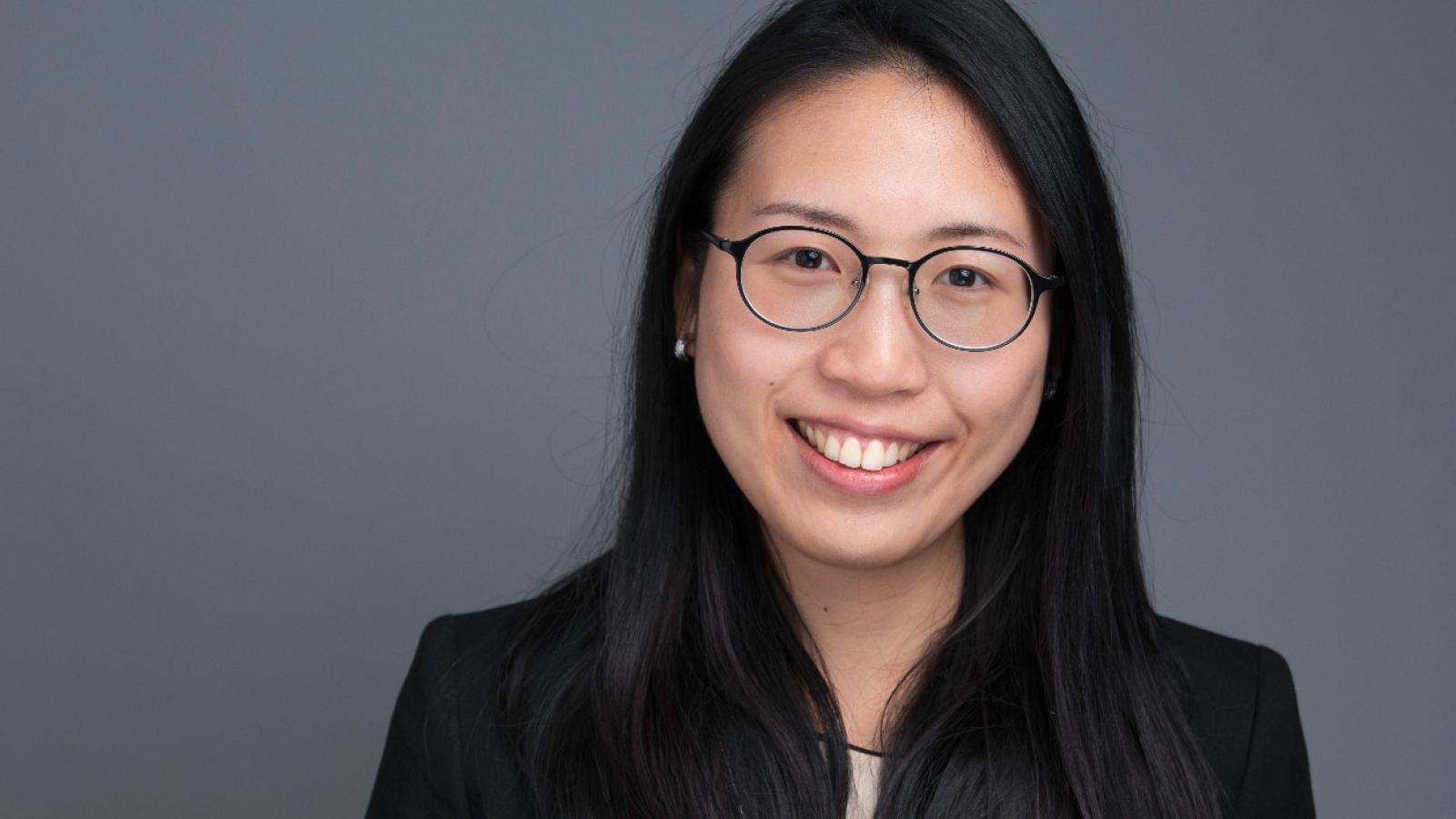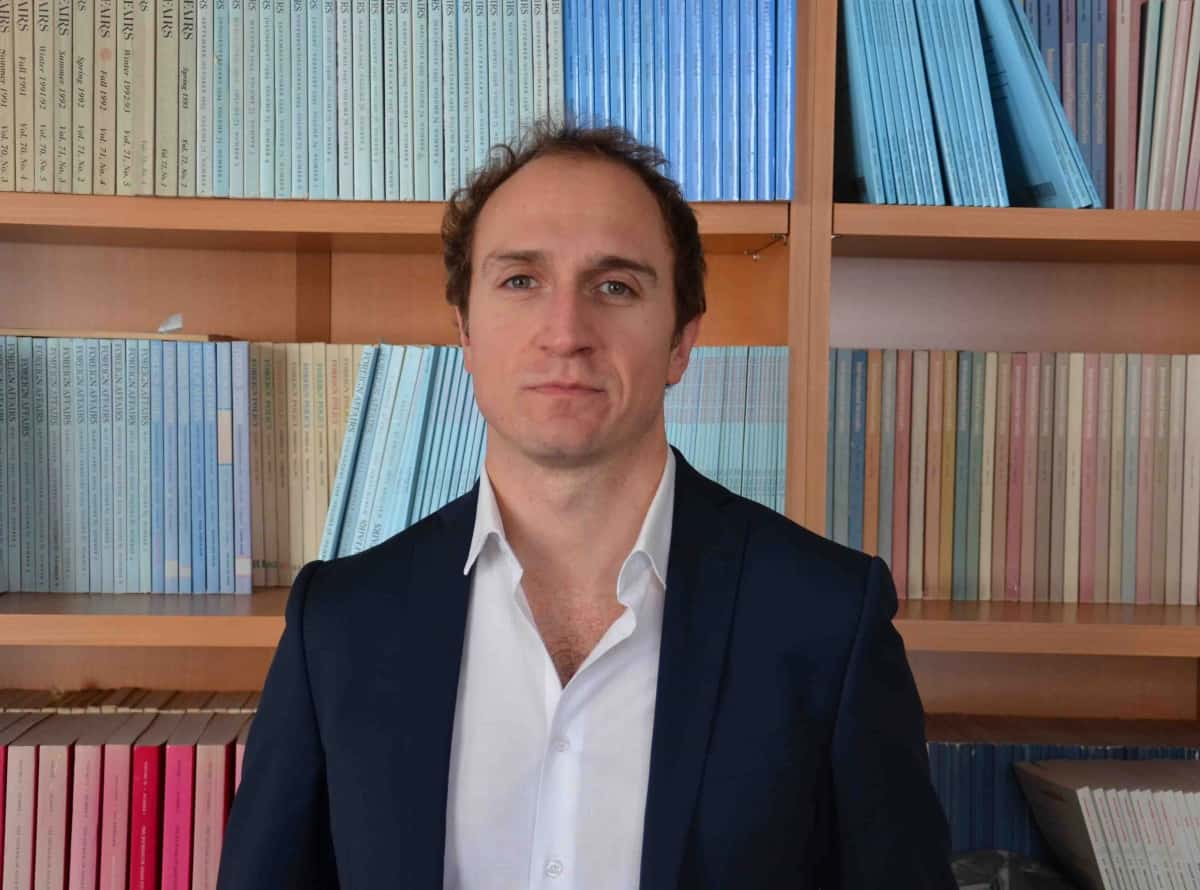LDSD Public Roundtable 2025: China’s Sea Power and UK Security
World-leading experts will gather in Lancaster to examine the expansion and global implications of China’s maritime power and its significance for UK security. The public roundtable discussion on ‘China’s Sea Power and UK Security’ will be held on November 26 at 5pm at The Storey in Meeting House Lane, Lancaster.
The event is part of this year’s Lancaster Defence and Security Dialogue, the University-based Centre for War and Diplomacy’s flagship think thank and consulting event that brings together academics, analysts, and policymakers to examine the UK’s defence and security.
In conversation with the event moderator, Lancaster University’s Pro-Chancellor, the Rt Hon Alistair Burt, a distinguished panel will explore the impact of China’s growing sea power on global maritime and trade systems and consider how the UK can and should respond – particularly through the development and deployment of its own maritime assets and naval capabilities. The discussion will also assess how other key global actors, such as the United States and India, are responding to Beijing’s rising sea power, and to what extent London can rely on them as partners.
Over recent decades, the People’s Republic of China has not only risen to become the world’s second-largest economy but has also dramatically expanded its global role.


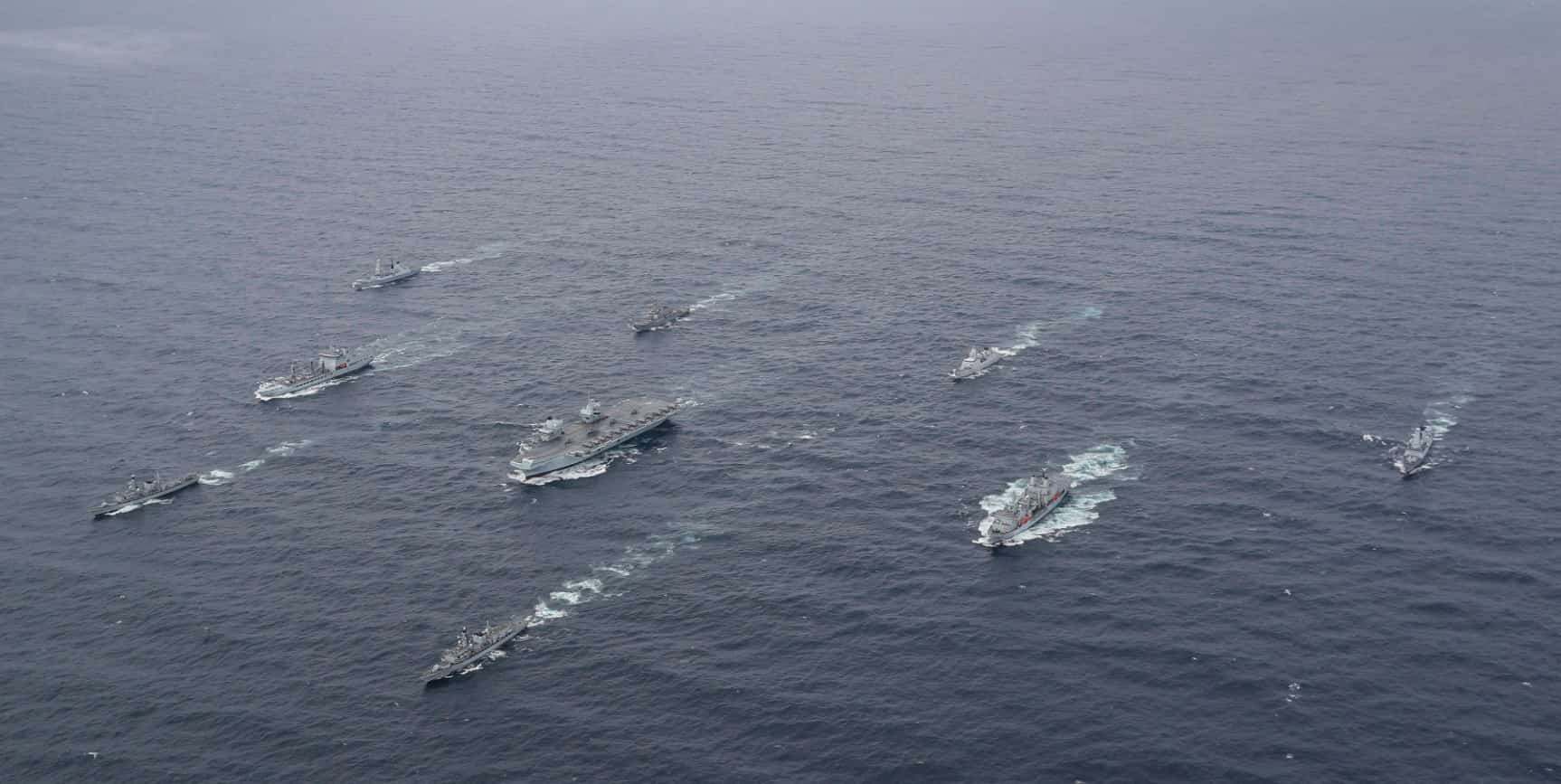



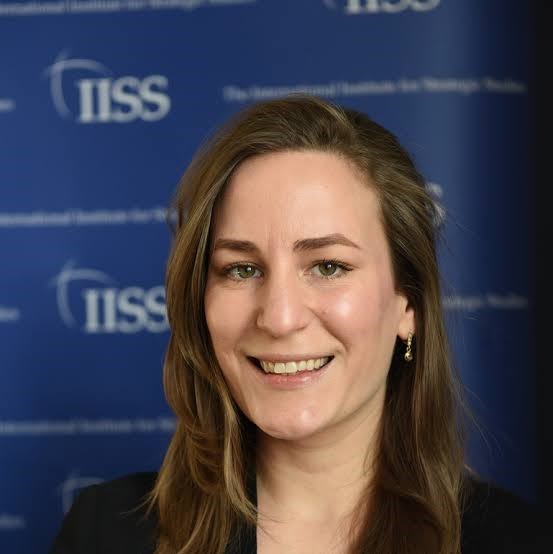
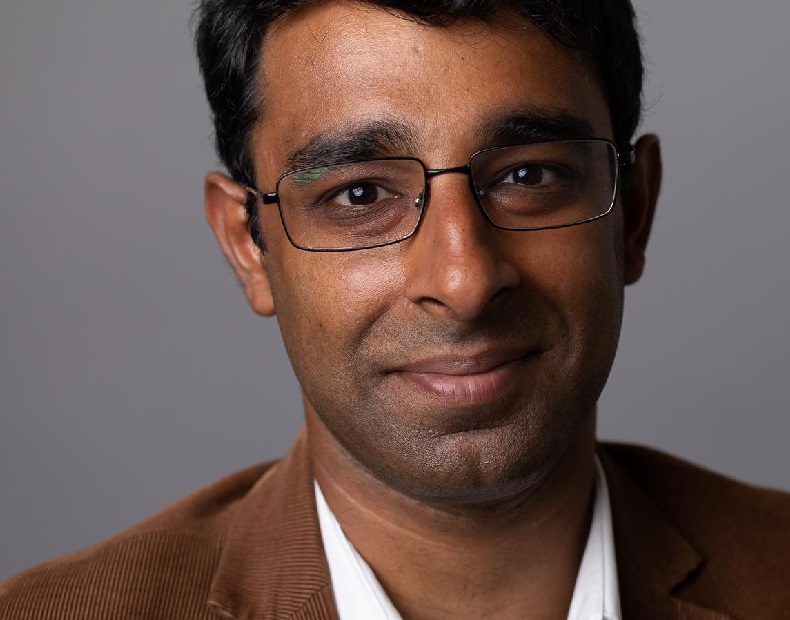


.jpg)
